 I have spent so much time playing catch up on my book reviewing, I have been neglecting some of my other post types. I created Knowledge Lost as a way to document my interests in learning. While literature is a big part of my life and my journey, I do not want book reviews to be the primary focus of this blog, more a side effect. I have done posts in the past about art, literature, philosophy and psychology but there is a topic I am interested in that has not be discussed on this blog until now; that topic is sociology.
I have spent so much time playing catch up on my book reviewing, I have been neglecting some of my other post types. I created Knowledge Lost as a way to document my interests in learning. While literature is a big part of my life and my journey, I do not want book reviews to be the primary focus of this blog, more a side effect. I have done posts in the past about art, literature, philosophy and psychology but there is a topic I am interested in that has not be discussed on this blog until now; that topic is sociology.
I have been interested in the topic of sociology for a very long time, but I do not think I understand it completely. I know it is the study of social effects of various influences like religion, politics, cultural movements and so on. However this is a very broad and limited definition of this very broad social science. There is a lot of other elements, theories and logistics that play a big part in influencing sociology. I am interested to learn this topic in a lot more detail; I do not think I will focus on it in great detail but a better understanding would be useful.
Some of the people I will have to learn about, include Auguste Comte, Herbert Spencer, Karl Marx, Emile Durkheim and Max Weber. Auguste Comte is considered the “father of sociology” (although some give this title to Emile Durkheim) and often cited as the one who started this field of study. Herbert Spencer did a lot of research in family, education, government, industry, and religion comprise. Karl Marx is known for The Communist Manifesto, but his research focused on social classes. Emile Durkheim thought it was important to study social facts and the patterns of behaviour characteristics. Finally Max Weber believed that sociologists must consider people’s interpretations of events, as well as looking at economy and religious influences.

There is so many more people to research, plus looking at theories and other studies. I think one of my first posts in sociology would be a comparison between socialism and communism. I hope some posts into sociology will be a good fit with my blog. Although this is a place to document my autodidactic journey so I do not see why it would not fit. If anyone has some recommended reading on this topic, please let me know. I honestly do not know where to start.

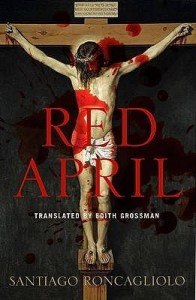 Title: Red April (
Title: Red April (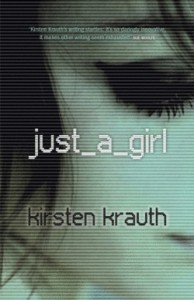 Title: just_a_girl (
Title: just_a_girl ( Title: The Monk (
Title: The Monk (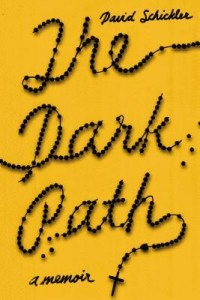 Title: The Dark Path (
Title: The Dark Path (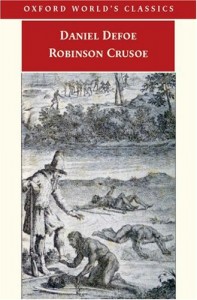 Title: Robinson Crusoe (
Title: Robinson Crusoe ( Title: Player One (
Title: Player One (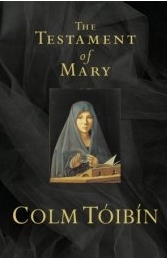 Title: The Testament of Mary (
Title: The Testament of Mary (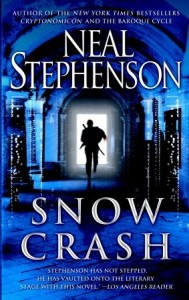 Title: Snow Crash (
Title: Snow Crash ( Title: The Lions of Al-Rassan (
Title: The Lions of Al-Rassan (